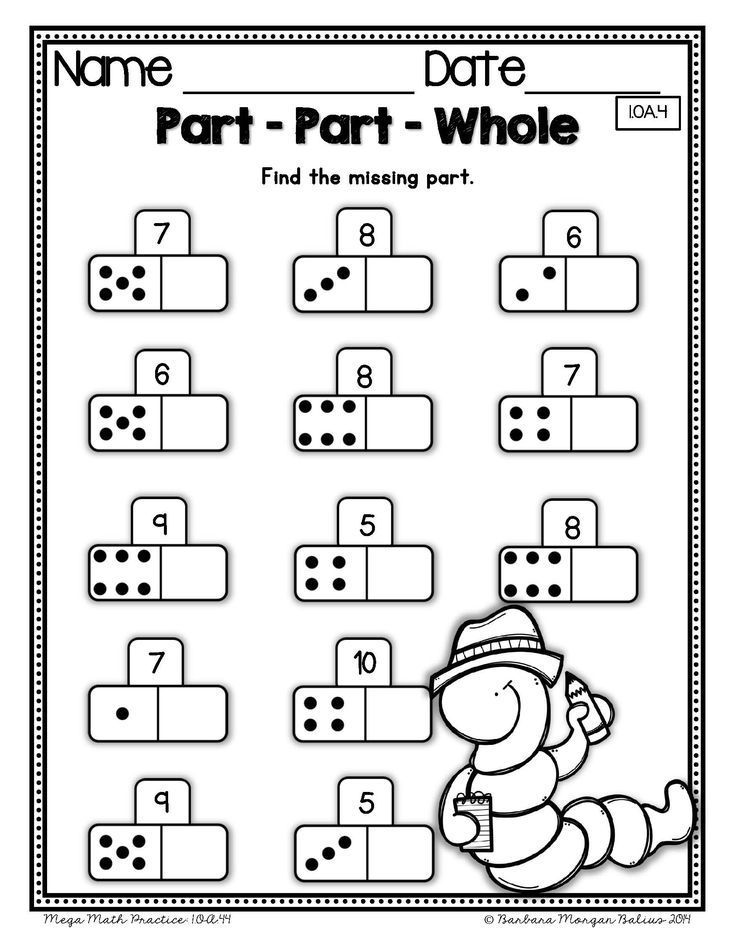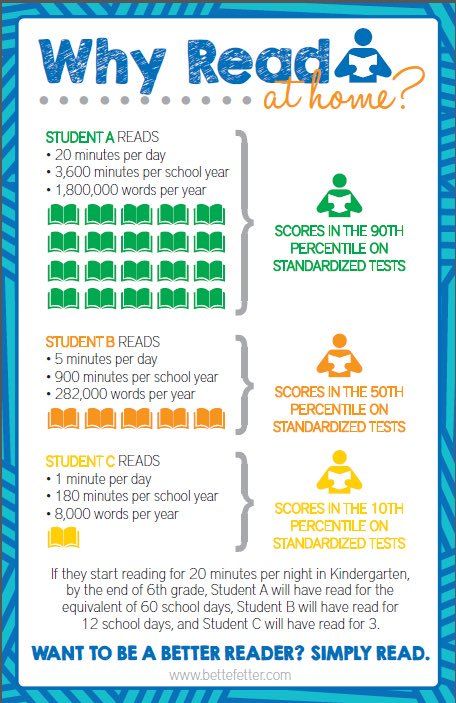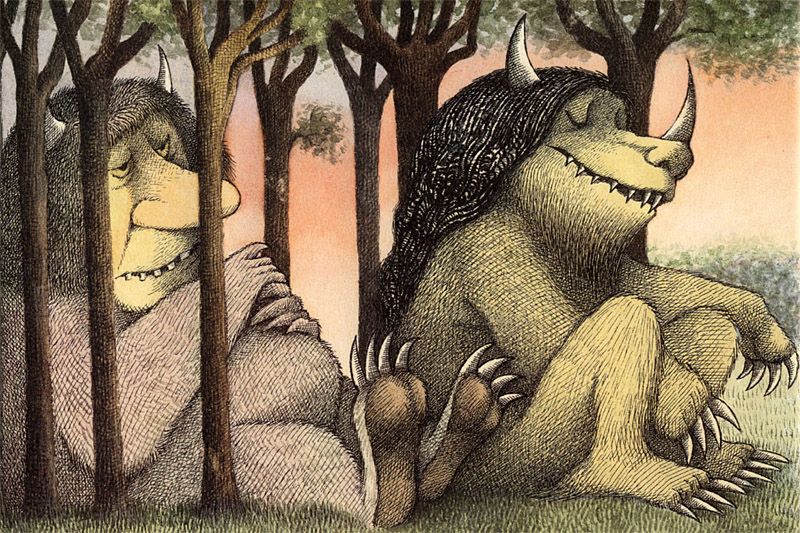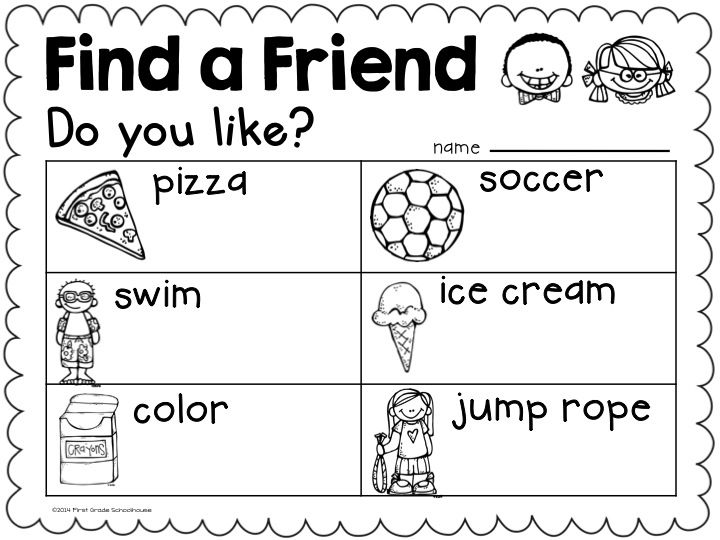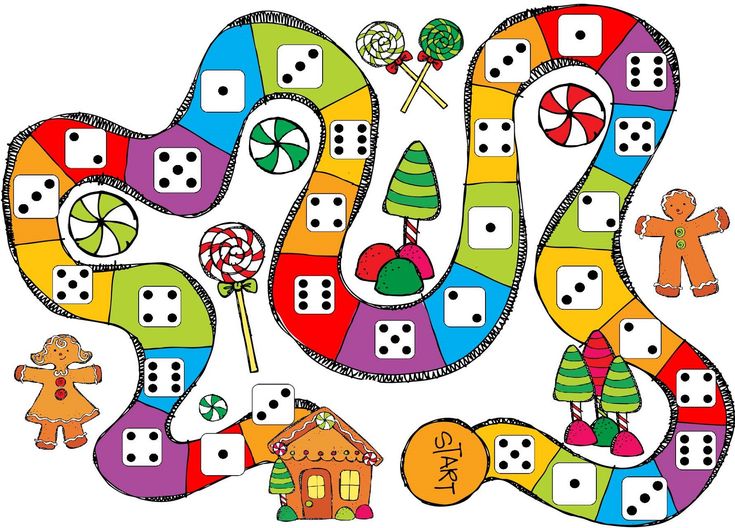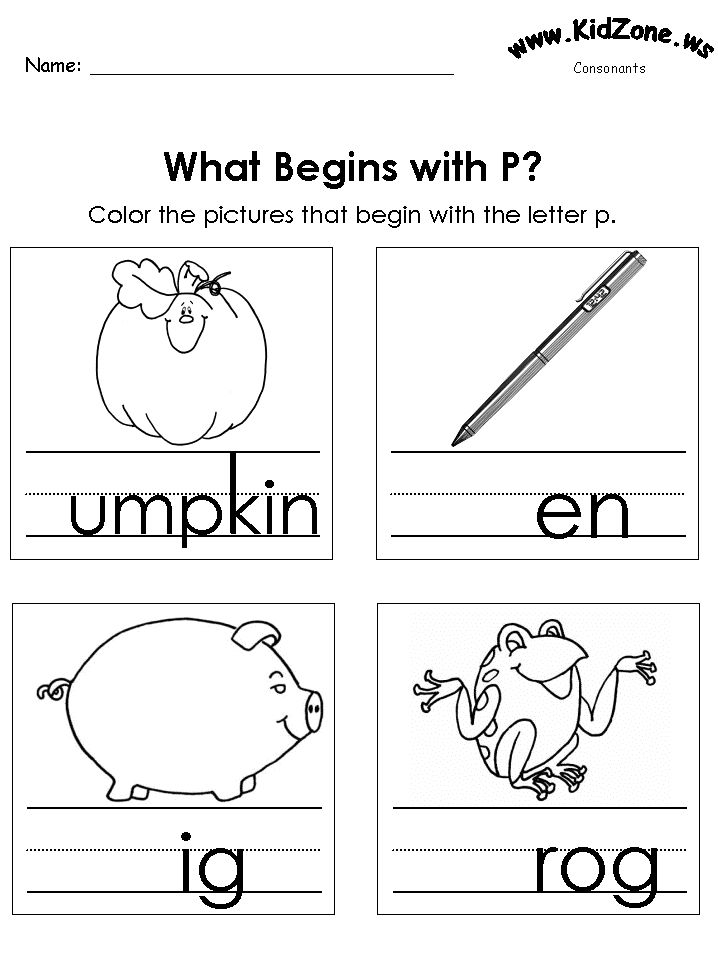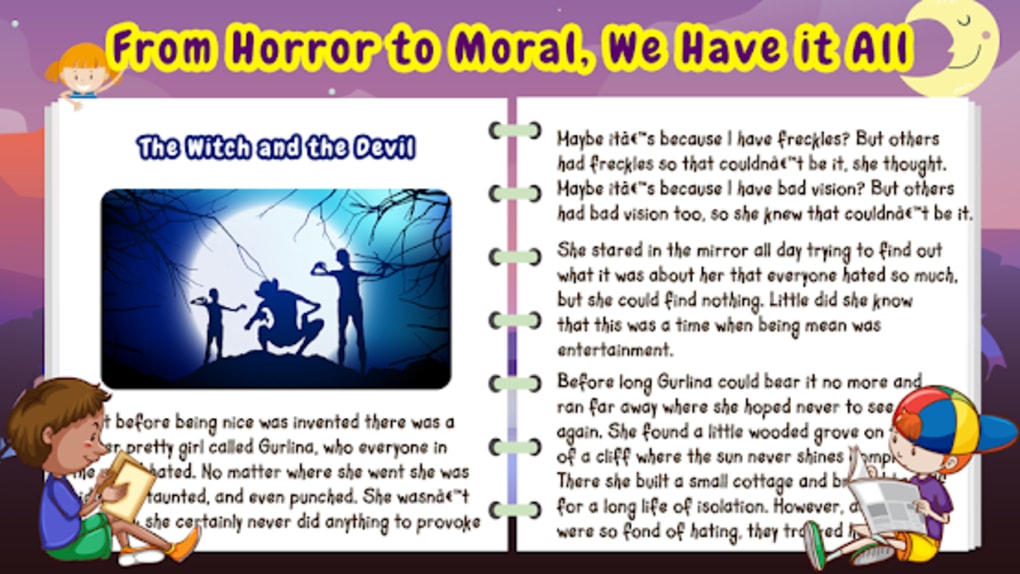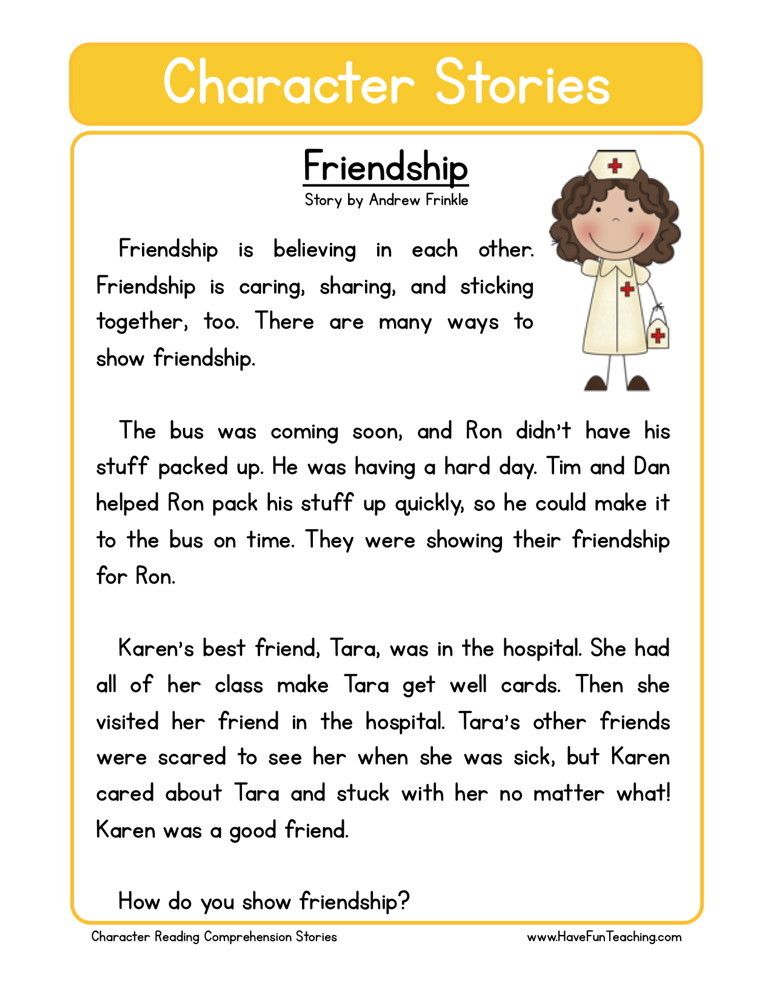Baby maths activities
Baby & Toddler Math Activities
PSPKK1237 Comments
This post contains affiliate links. As an Amazon Associate I earn from qualifying purchases.
Sharing is caring!
Looking for toddler math activities? Here are some playful ways to make math fun from the very beginning.
(This post contains affiliate links.)
So. Are you a math person?
Did you sign up for the all the hard math courses and delight in the challenge?
Maybe math was hard for you, but you struggled through it to get the grades you wanted.
Or perhaps you avoided any math course beyond the minimum requirements. Even today, you hear yourself saying, “I’ve never been good at math. I’m just not a math person.”
Have you ever said this to your child? “I’ve never been much of a book person. I’m just not a reader.” I’m willing to bet you go out of your way to read to your child and to promote a love of books in your home.
Well, guess what? We should be doing the same thing with math. And it starts when they’re babies.
10 ways to make math fun for babies and toddlers
The good news? Babies and toddlers already love math. You only need to fuel that enthusiasm. My biggest tip? Notice and celebrate math wherever you find it. Here are ten ways to do just that!
1. Count. A lot. Are you dressing your baby? “One arm, two arms!” Are you walking up the stairs with your toddler? “Let’s count the steps! One… two… three….” Count how many grapes she has, how many fingers are on her hand, or how many keys are on the ring. When you point to each object as you count, you teach your child one-to-one correspondence. One day she’ll learn to assign numbers to objects as she counts, too.
2. Build with blocks. Your baby might enjoy watching you make a tower. Soon he’ll be knocking it over, and eventually he’ll start to put one block on top of the other all by himself.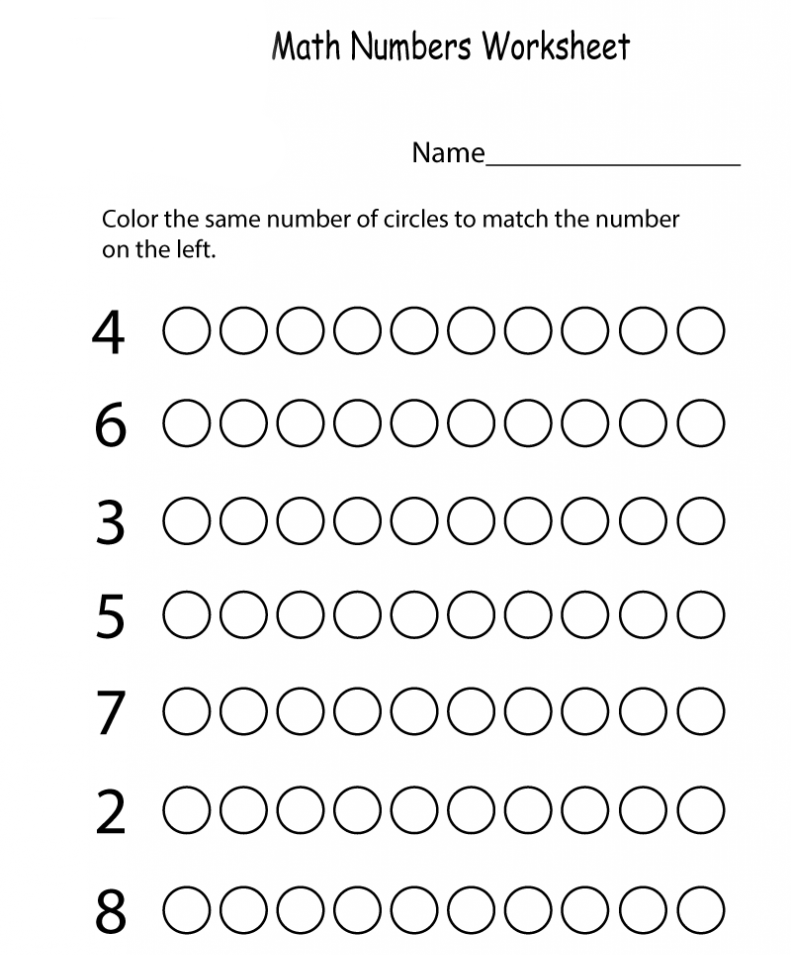
3. Arrange things in a logical way. Make worms out of play dough and put them in order from largest to smallest as your child watches. Help her put stacking blocks on top of one another.
4. Build an understanding of spatial relationships. Help your child be aware of herself and her environment by letting her crawl through play tunnels, sit in a child-sized tent, climb up the toddler slide, or play in a big box.
5. Sort toys. Separate the animals from the toy cars. Put the stuffed animals in this bin, and the lacing toys in this one. Or sort by color. Before your child can actually name the colors, he may be able to sort same colored objects into groups.
6. Compare things. Who has the bigger plate, you or Mommy? Which of your strawberries is bigger?
7. Play with patterns. Isn’t it funny how the simple game of peekaboo has babies in stitches? It’s actually an introduction to patterns.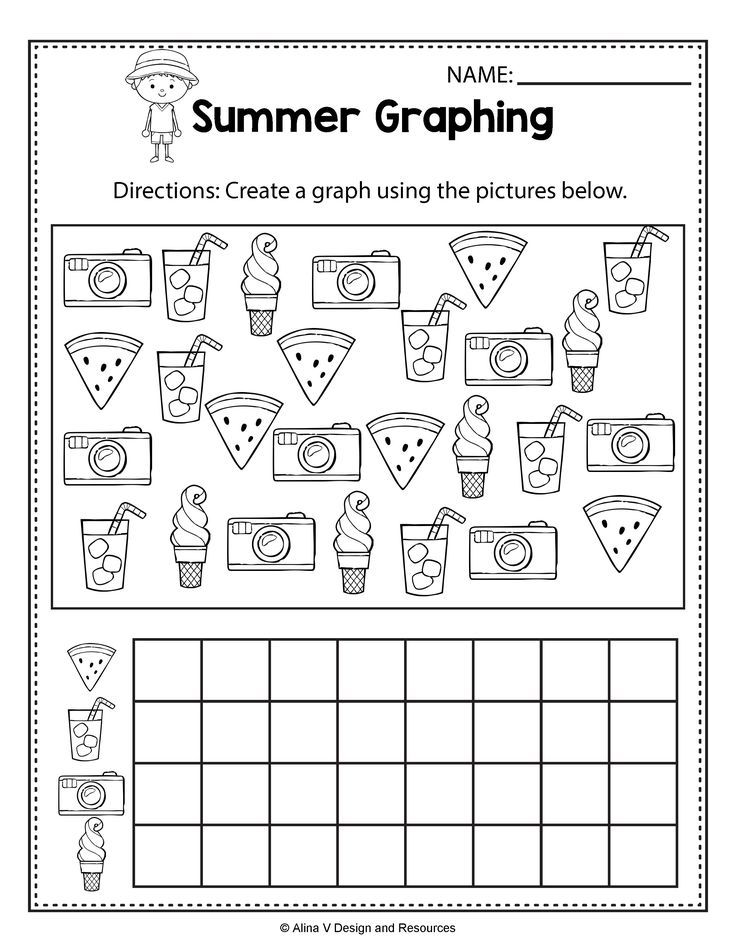 When you play patty cake and other action rhymes, your child can play with patterns even more. You might also try to find patterns your child can feel, like the design of the texture on the couch or carpet.
When you play patty cake and other action rhymes, your child can play with patterns even more. You might also try to find patterns your child can feel, like the design of the texture on the couch or carpet.
8. Sing. There are countless nursery rhymes and songs for babies, many of which focus on numbers. “1, 2, buckle my shoe.” Or “Six little ducks went out one day…” Print my free little letter books of rhymes and songs and sing them together. Soon your child will be singing them by himself!
9. Explore volume. We eat a lot of yogurt at our house, so the bathtub always has a few containers for pouring. On a warm day, give your child some water toys to play with in the water table or wading pool. By simply filling the containers and pouring them, your child is learning a lot about math!
10. Read. Above all, read and read some more. Not sure what baby and toddler math books to find at your library? What Do We Do All Day has you covered!
Learn how to make math fun at all different age levels! Just click on an age range below.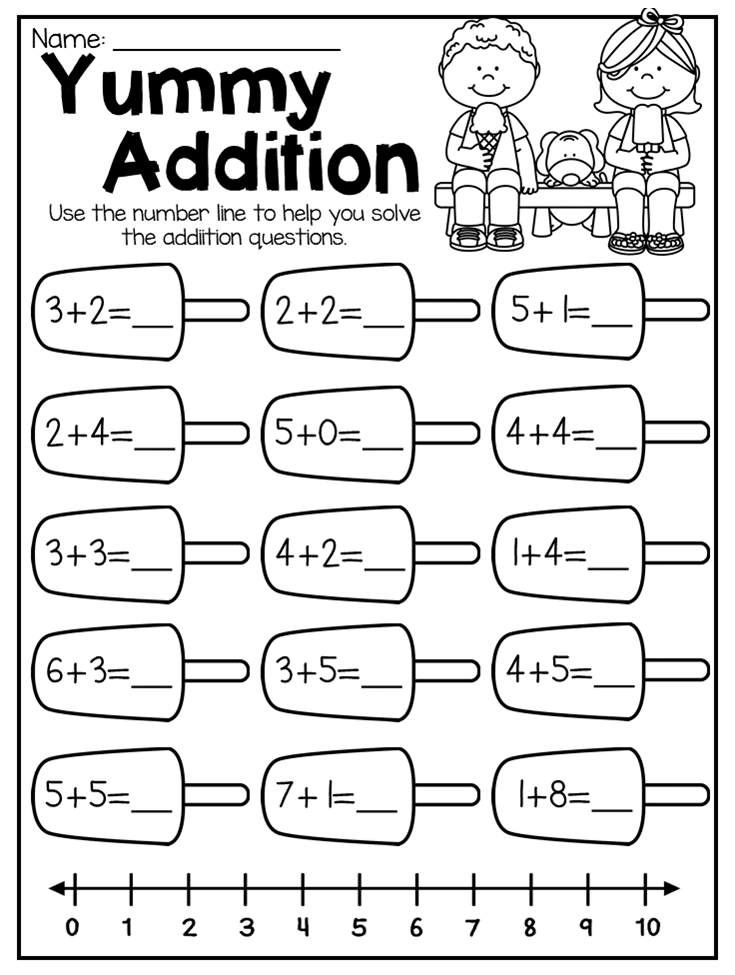
Love Freebies?
Subscribing to our email newsletter is completely free. And when you do, you'll get access to our library of subscriber freebies! Sign up below to get access to a wonderful variety of math and literacy resources.
Sharing is caring!
Filed Under: General
You May Also Enjoy These Posts:
Word slider cards for short e
Making Connections during Reading
Reader Interactions
Trackbacks
Fun Math Activities for Infants
Math for infants is all about the basics. Early math concepts, such as counting, shapes, measurement, patterns, etc., are everywhere around us. It's just a matter of seeing them and pointing them out to infants. Keep in mind that the majority of math activities for infants should revolve around interactive talking.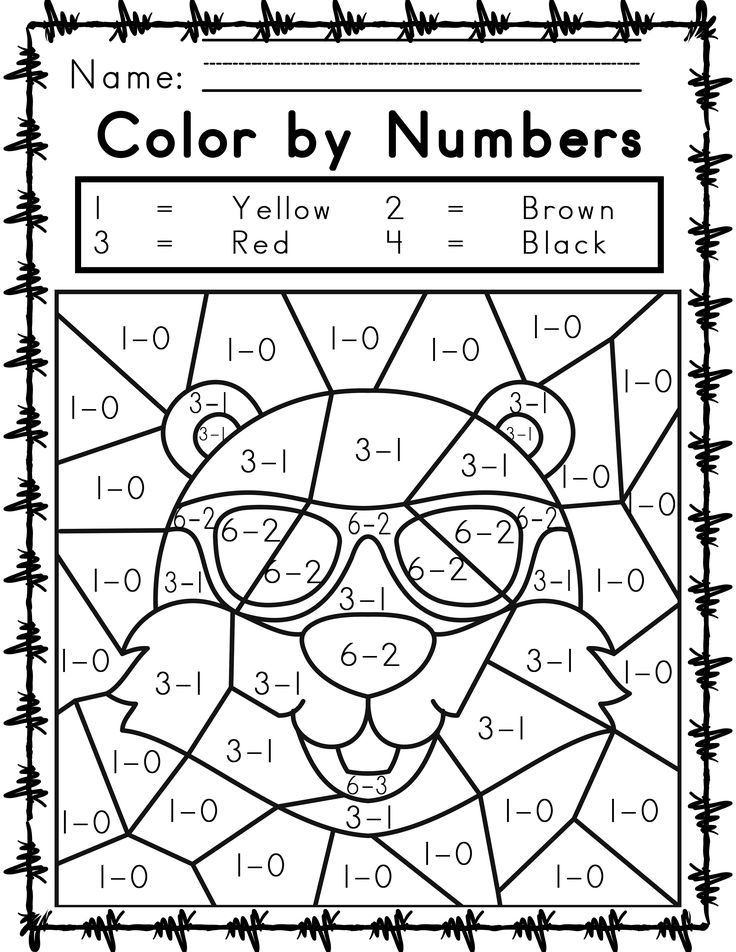 Making a conscious effort to include basic math in your everyday conversations with infants can help them start to understand early math concepts.
Making a conscious effort to include basic math in your everyday conversations with infants can help them start to understand early math concepts.
1. Shapes
One of the infant math games you can do with infants is the identification of naturally occurring shapes in their environment.
- "This box of cereal is a rectangle, but the cereal inside is in the shape of a circle."
- "Look at this mirror. It's the shape of a square."
- "That sign is the shape of an octagon."
2. More
One of the first math concepts children understand is more.
- "Do you want more?"
- "This pile has more Cheerios than the other pile"
- "This bucket has the most toys inside."
3. Zero
Infant math activities should also include the concept of zero.
- "It's all gone!"
- "There's nothing left!"
- "There aren't anymore"
4. Sequencing
Explain to infants the different steps of a process as you do them.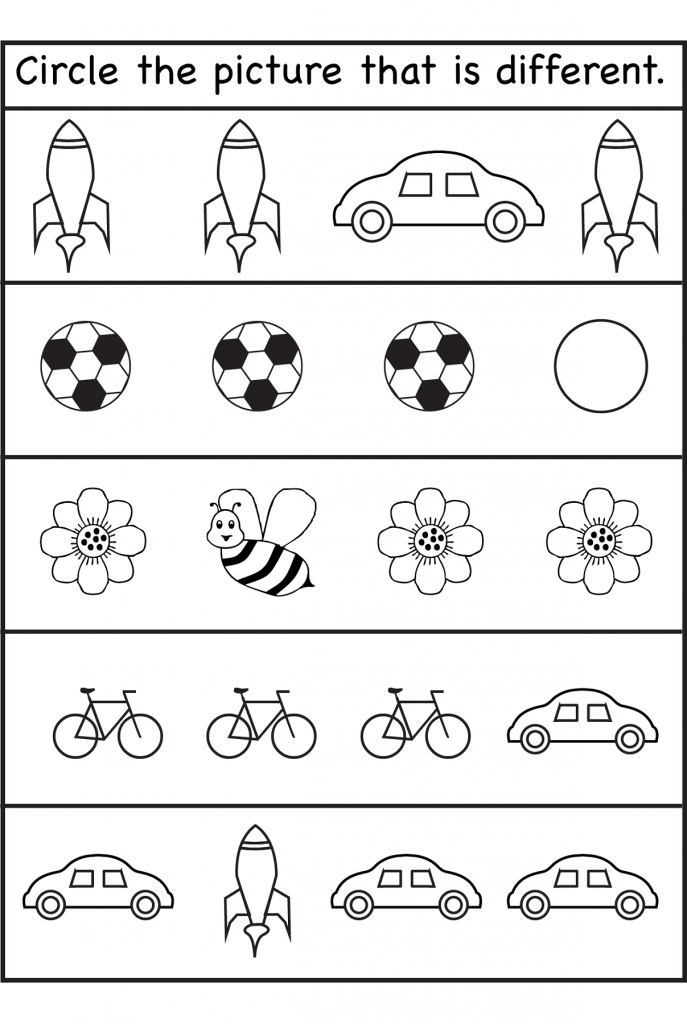
- "First we put on your shoes, and then we tie them."
- "After we read a book, we'll go outside."
- "Before eating, wash your hands."
5. Sorting and Classifying
Infants can begin to learn how to sort and classify different things, so they can make sense of what's happening in their environment.
- "Let's put all of the wooden blocks in the bin."
- "I'm going to put all of the red cars in a pile."
- "Let's separate the fruits from the vegetables."
6. Spatial Relationships
Helping infants understand the physical relationship between objects is another basic math skill you can include in math activities.
- Can you help me put this ball in the basket?"
- "You're sitting next to the puppy!"
- "We are in front of the school."
7. Patterns and Matching
Talk about the different patterns you see on items in an infant's environment, and be sure to point out items that match.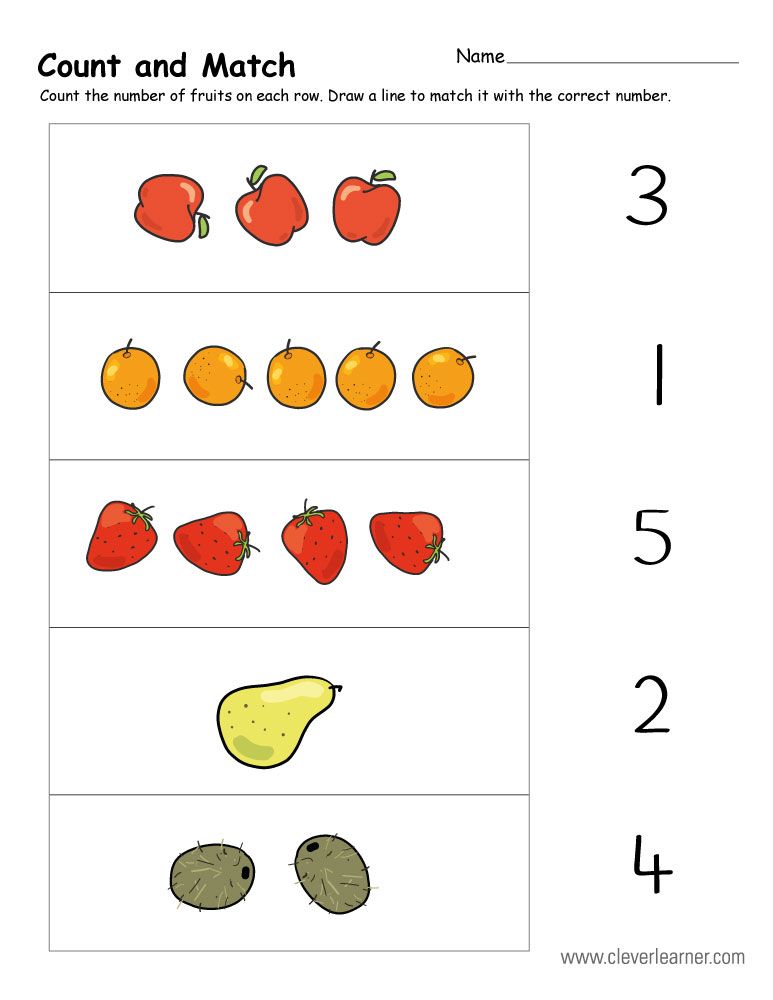
- "I really like the polka dots on your blanket."
- "This sock matches this one."
- "The zebra in this book has stripes."
8. Measurement
Talking about size, weight, length of time, etc. are important in helping infants learn basic measurement skills.
- "You are growing taller every day!"
- "This block tower is taller than the other one."
- "That dog is shorter than this dog."
Additional Resources
Social & Emotional Development
Inclusive Classroom
Classroom Setup
Get new articles in your email.
Sign Up Now
Entertaining math for preschoolers, online math games and tasks
HomeExerciseMath
Math
Learning shapes course
View all
What is symmetry?
Part of the whole
We study the figures (1)
We study the figures (2)
Study the figures (3)
We study the figures (4)
Posal Line
polygon
polygons (1)
View all
Course Learn numbers
View all
Number 1 (1)
Distinguish numbers from 0 to 9 (1)
Distinguish numbers from 0 to 9 (2)
Distinguish numbers from 0 to 9 (3) 9000
Distinguish numbers from 0 to 9 (4)
Number line up to 10 (1)
Digit 1 (2)
Digit 2 (1)
Digit 2 (2)
See all
View all
Funny numbers (1)
Funny numbers (2)
Cheerful count up to 3
Cheerful count up to 5
Where else? (1)
Where is more? (2)
Let's count!
Remove the numbers up to 3
We play and consider
View all
Consider up to 10
View all
Funny account up to 10 (1)
Funny score up to 10 (2)
Tasks for up to 10 up to 10 (1)
Number line problems up to 10 (2)
Play and count (1)
Play and count (2)
Which is in order up to 10?
Count down from 10 to 1 (1)
Count down from 10 to 1 (2)
View all
Count up to 20
View all order up to 20 (1)
We correlate objects and numbers up to 20 (1)
Composition of the number 12
Count in pairs up to 20 (1)
Count objects up to 20
Count objects up to 20 (2)
Count items up to 20 (3)
Count items up to 20 (4)
View all
Count up to 100
View all
Approximate count (2)
Millimeter
Approximate count (1)
Arrange in order to 100 (1)
Count to one hundred
View all
Number composition
View all
Number composition 3 20 90Ol000 Learning to solve problems up to 10 (1)
Learning to solve problems up to 10 (2)
Examples in pictures
Subtract and add
Subtraction with the transition through a dozen (2)
Subtraction through ten (3)
Drag answer
Addition.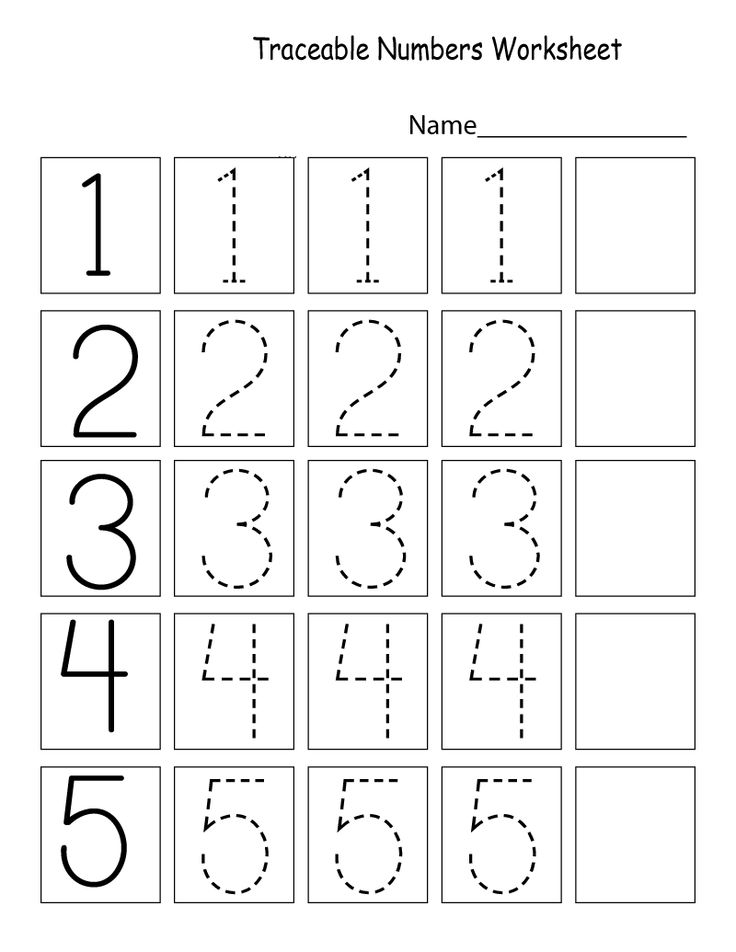 Terms. Sum. (1)
Terms. Sum. (1)
Addition. Terms. Sum. (2)
View all
Compare numbers
View all
Longer, shorter, equal in length
Comparing numbers in pictures up to 10
Odd or even
Comparing expressions. Equalities and inequalities
Comparison of numbers within a million
Comparison of numbers in pictures up to 20
Comparison of numbers within 20
Compare the numbers
View all
We multiply and divide
View all
Remember the multiplication table
Division by 10 and 100
Division with a remainder of
The division of a three -digit number by a single -digit
Multiplication and division problems
Do you know the multiplication table? (1)
Do you know the multiplication table? (2)
Written division with remainder
Written multiplication by a two -digit number
View all
We solve problems and examples
View all
Learning to solve problems up to 10 (1)
Money LOVE
diagrams
Subtraction checks for multiplication tasks and tasks for multiplication and division
Examples with brackets
Add and subtract
Composition of the number
Composition of the number
View all
Determine the time
View all
days of the week (1)
days of the week (2)
Memorial months (2)
Distinguish the seasons
We remember months (1)
Determine the time by shooters
hours with arrows
Autumn riddles (1)
Seasons - spring (2)
View all
Why do we need mathematics?
Mathematics is a fundamental science that appeared at the moment when a person needed to calculate something.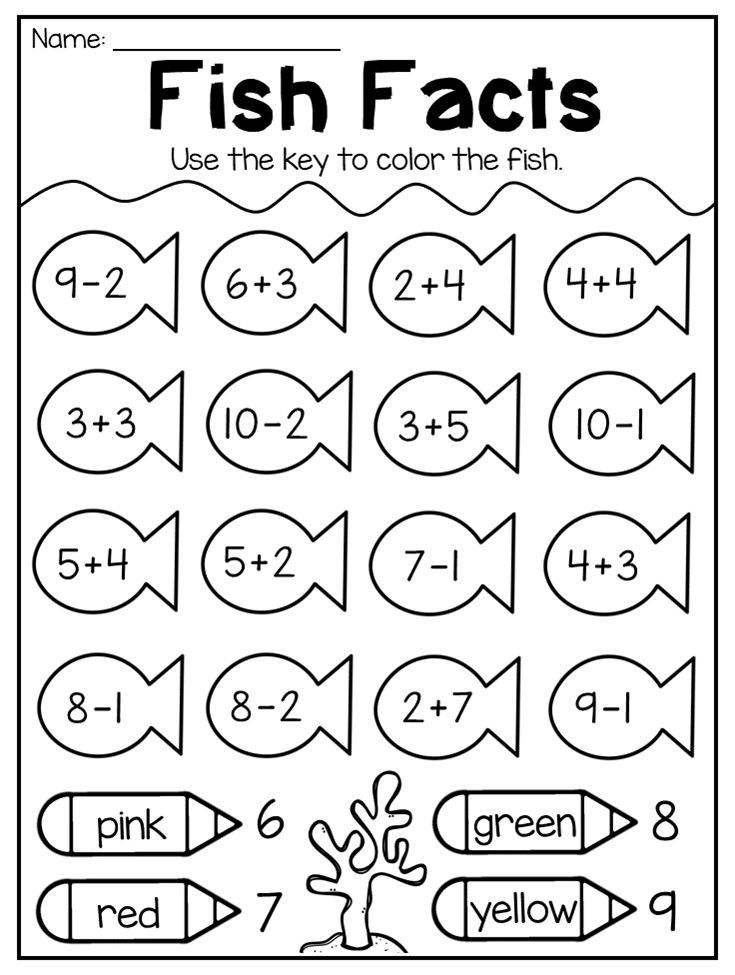 We can say that her age is not much different from the age of mankind. Mathematics helps, on the one hand, to develop abstract thinking, on the other hand, to solve applied problems in everyday life. nine0003
We can say that her age is not much different from the age of mankind. Mathematics helps, on the one hand, to develop abstract thinking, on the other hand, to solve applied problems in everyday life. nine0003
Mathematical thinking, or mathematical mindset, is based on logic, the ability to build cause-and-effect relationships, critical thinking, the desire to get to the bottom of a question or problem.
Mathematics forms skills that are relevant for any historical period, especially for the present.
What is entertaining mathematics?
Undoubtedly, mathematical abilities are developed by special efforts.
One option is to study mathematics by solving mathematical problems. For an easier and more exciting learning process, a special section is used - entertaining mathematics. In thoughtful game tasks, interesting plots, using humor, the science of mathematics appears in the most attractive form, which is especially important when teaching children.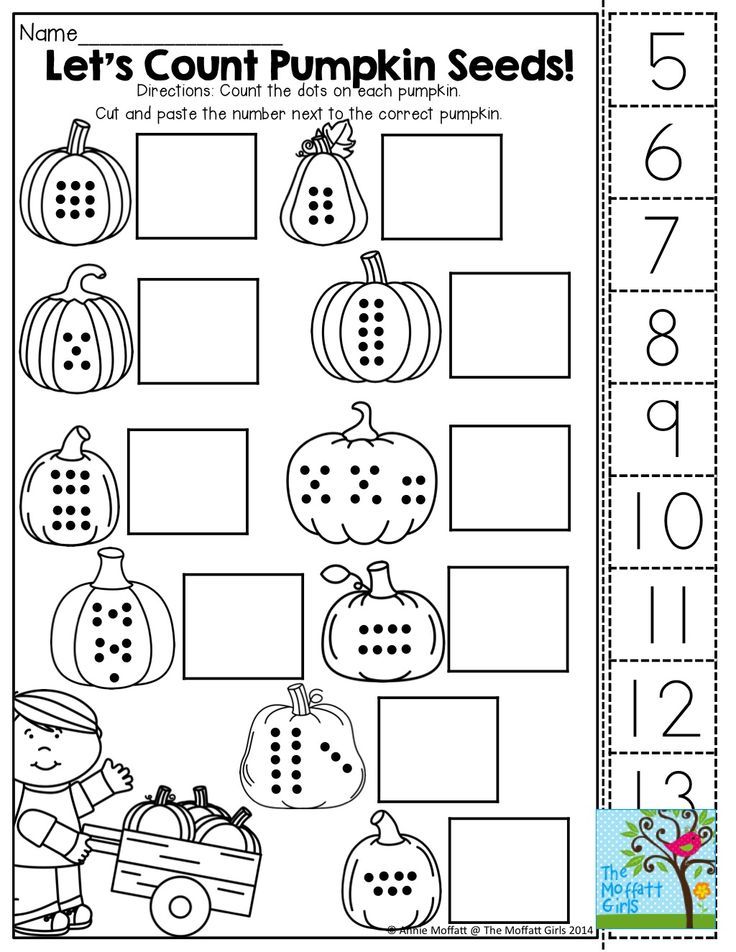 Children's curiosity and excitement allow you to get involved in the world of abstract calculations and go from entertaining puzzles to real complex mathematics. nine0003
Children's curiosity and excitement allow you to get involved in the world of abstract calculations and go from entertaining puzzles to real complex mathematics. nine0003
Why does the child not understand mathematics?
There is no definite answer to this question. Perhaps the child has not yet fully mastered the skills of counting. Here, counting games from very simple to complicated options, for example, with dice (as an option, rpg board games) will help.
Very young children may still have unformed abstract thinking: it is easier for them to operate with visual objects. A parent or teacher always shows the application of mathematics, explaining why mathematics is needed in life. nine0003
If we are talking about an older age, then it is possible to structure abstract thinking in the form of diagrams on paper, helping not to keep all the data in mind, but to see the full picture visually.
If mathematics is difficult for a child, it may be worth paying additional attention to the development of imagination.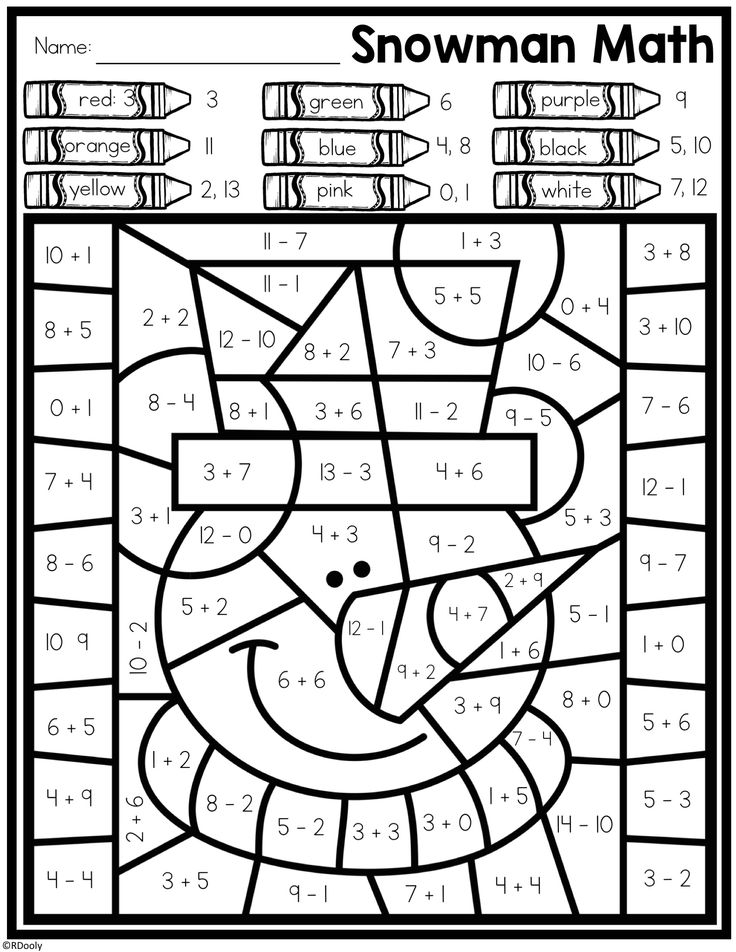 It is not necessary to use the detailed solution of math problems; you can go through mazes, cut out patterns, collect various crafts according to the schemes. Creativity is welcome, because mathematics is not always about dry numbers. nine0003
It is not necessary to use the detailed solution of math problems; you can go through mazes, cut out patterns, collect various crafts according to the schemes. Creativity is welcome, because mathematics is not always about dry numbers. nine0003
Math in pictures for preschoolers online is now available to every child. The section includes tasks and games in arithmetic for children, exciting tasks that develop addition and subtraction lessons for children. The exercises in this section will help develop attention and concentration, form elementary mathematical concepts in children.
Playful activities
Your child will have a fun and productive time.
Children are engaged with pleasure, are completely immersed in the learning process and achieve results. For children under 6 who have not yet learned to read, we voiced each task. nine0003
Cups and medals for children
Awards that motivate children to achieve success.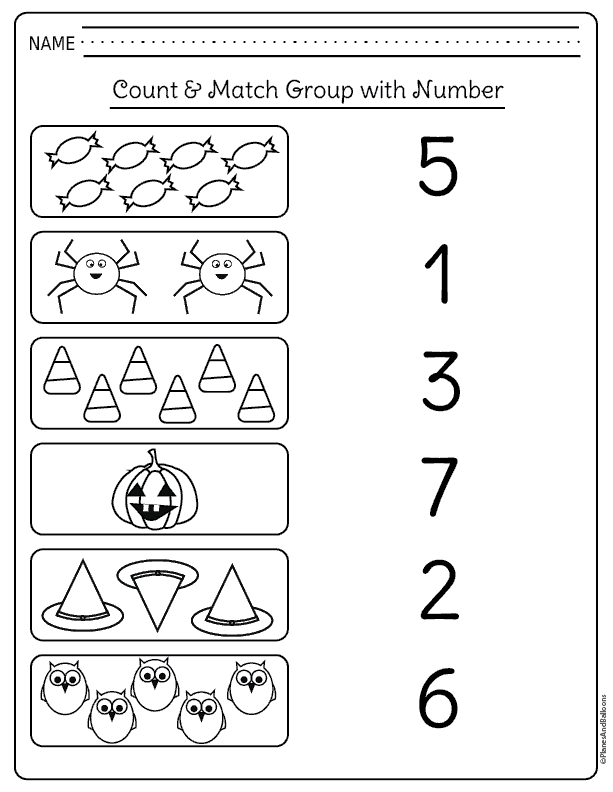
Each child has his own “hall of awards and achievements”. If the tasks are completed correctly, children receive cups, medals and nominal diplomas. The awards can be shared on social networks, and the diploma can be printed.
Personal training
Fully controlled development of the child. nine0003
We save all the successes of the child and show you what you should pay special attention to. Make up your own training programs so that the child develops harmoniously in all the right directions.
Start studying with your child
today - it's free
Register and get 20 tasks for free. To remove restrictions and achieve great results in your studies - choose and pay for the tariff plan that suits you. nine0003
Register orChoose a plan
Math for kids 4, 5, 6, 7 years old
children, both at home and in preschool and school institutions.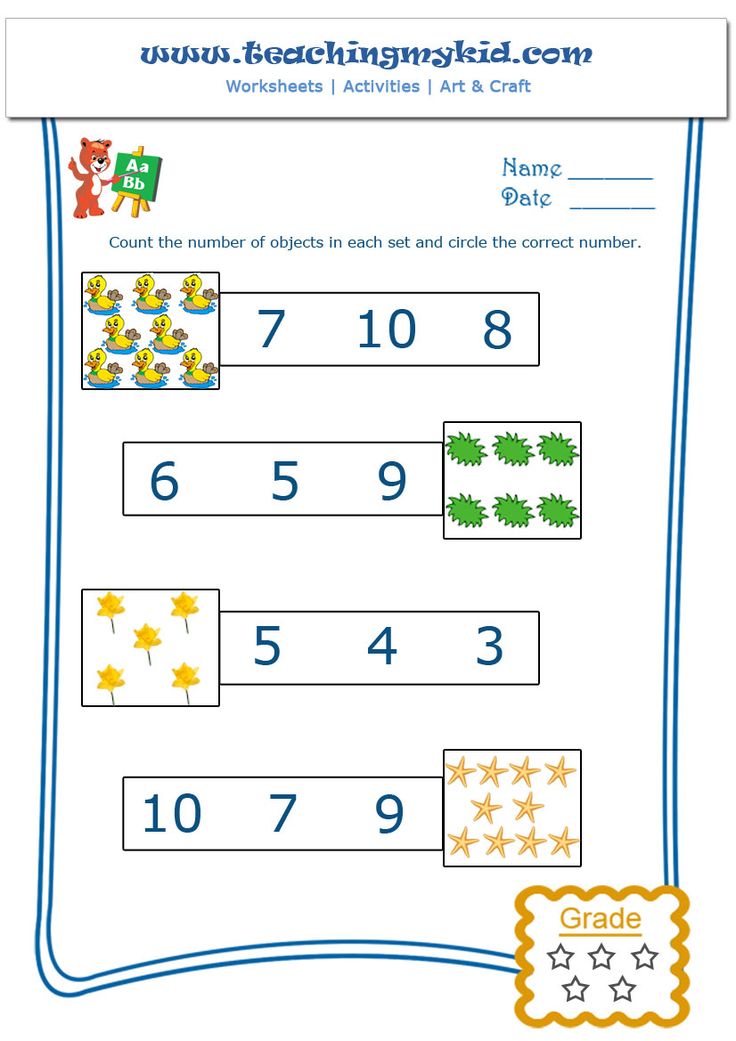 Learning math in a playful way is a very interesting activity even for those children who do not show much love for learning. Also, such tasks are great for little fidgets who cannot sit in one place for 5 minutes. Each game task is designed for a younger child - it is designed in such a way that the child does not get tired, and at the same time receives a useful portion of knowledge and skills. The main thing is not to solve all the tasks at once, only one at a time! nine0003
Learning math in a playful way is a very interesting activity even for those children who do not show much love for learning. Also, such tasks are great for little fidgets who cannot sit in one place for 5 minutes. Each game task is designed for a younger child - it is designed in such a way that the child does not get tired, and at the same time receives a useful portion of knowledge and skills. The main thing is not to solve all the tasks at once, only one at a time! nine0003
Mathematics for children 4, 5, 6, 7 years old - choose a section for learning
Mathematics for children is presented here in several sections, each of which develops certain skills in teaching a child. For example, counting up to 10 and 20 is intended for children who are learning to count objects, but still do not know numbers well and do not know how to solve mathematical expressions. In the section with tasks in mathematics, more complex tasks are presented, in which examples, tasks, and various tasks for adding, subtracting, dividing the number of objects into equal parts, etc.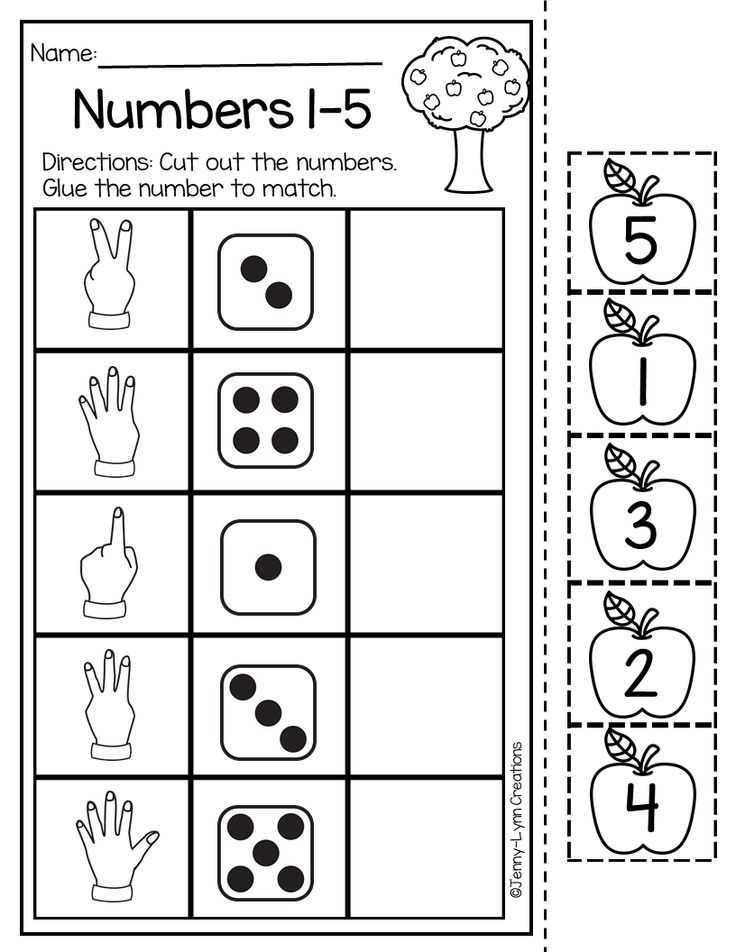 can be found. In tasks with geometric shapes, children will get acquainted with the shapes and names of geometric shapes, perform simple tasks to consolidate the learned material. Also, tasks with mathematical signs (greater than, less than, equals sign) are given separately. nine0003
can be found. In tasks with geometric shapes, children will get acquainted with the shapes and names of geometric shapes, perform simple tasks to consolidate the learned material. Also, tasks with mathematical signs (greater than, less than, equals sign) are given separately. nine0003
Learn to Count to 10 - Fun Picture Activities
In this section, we learn to count to 10 with fun picture activities for preschoolers. Learning to count in a playful way is a very interesting activity even for those children who do not show much love for learning.
Learn to count up to 20 - Game tasks in pictures
Here we learn to count up to 20 by completing interesting game tasks in pictures. The activities below are suitable for children who have already mastered counting up to 10 and are starting to learn counting within 20.
Fun math pictorial tasks for kids
Here are some fun and colorful math pictorial tasks for kids who are getting ready for school or are in 1st grade.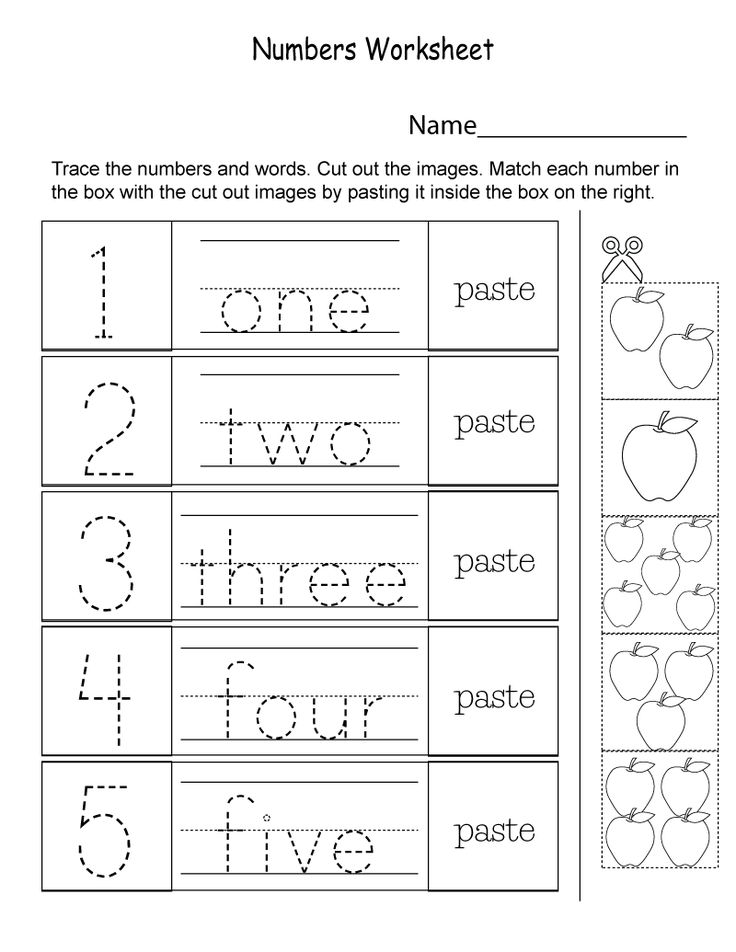 Assignments can be very useful for teachers in kindergartens and elementary schools to teach children about mathematical expressions more effectively.
Assignments can be very useful for teachers in kindergartens and elementary schools to teach children about mathematical expressions more effectively.
Geometric shapes for children - Interesting tasks
Here you can download and print geometric shapes for children in the form of interesting tasks in pictures, the implementation of which will not only benefit the child, but also a lot of fun. nine0003
Numbers for kids - Download, print and cut!
Numbers for children in various designs are presented here - numbers in the form of flowers, three-dimensional, gold, with various textures, ice, puzzle numbers, as well as simple numbers in black and red.
Mathematical signs and symbols - Picture tasks
Learning math signs and symbols with interesting picture tasks. By completing tasks, the child will learn to distinguish between greater than and less than signs, as well as plus, minus and equal sign. nine0003
Other interesting math topics
Educational games "Mathematics for Toddlers"
Games developed by the Chudo-Yudo children's portal especially for the youngest children (from 2 years old) who are just starting to learn to count to 10.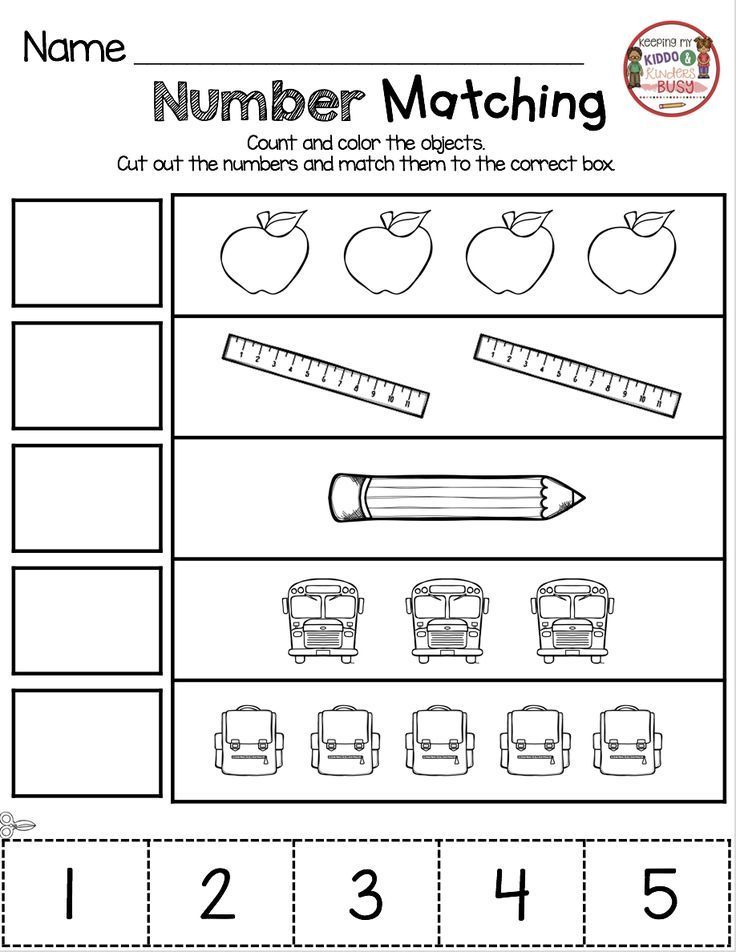 Such games contribute to faster memorization of numbers, and also allow the child to understand the technology of counting, which is difficult for his age.
Such games contribute to faster memorization of numbers, and also allow the child to understand the technology of counting, which is difficult for his age.
Math games for children from 4 to 6 years old
Games are designed to prepare a preschooler for the first mathematical knowledge and the ability to count. Here you will find interesting colorful games in which the child will need to find and count the specified number of objects or living beings. Children of this age really like to count, especially in a playful way. nine0003
Math examples online
A great opportunity for younger students to practice their knowledge of mathematics. After all, in these tasks you need to be able to quickly solve examples, because a certain time is allocated for the passage of each task. When the time runs out, then you are credited with points only for those examples to which the child managed to answer.
All educational materials presented in the section "Mathematics for children 4, 5, 6, 7 years old" are very useful for preschoolers to prepare for school, as well as for younger students to practice and test their knowledge.